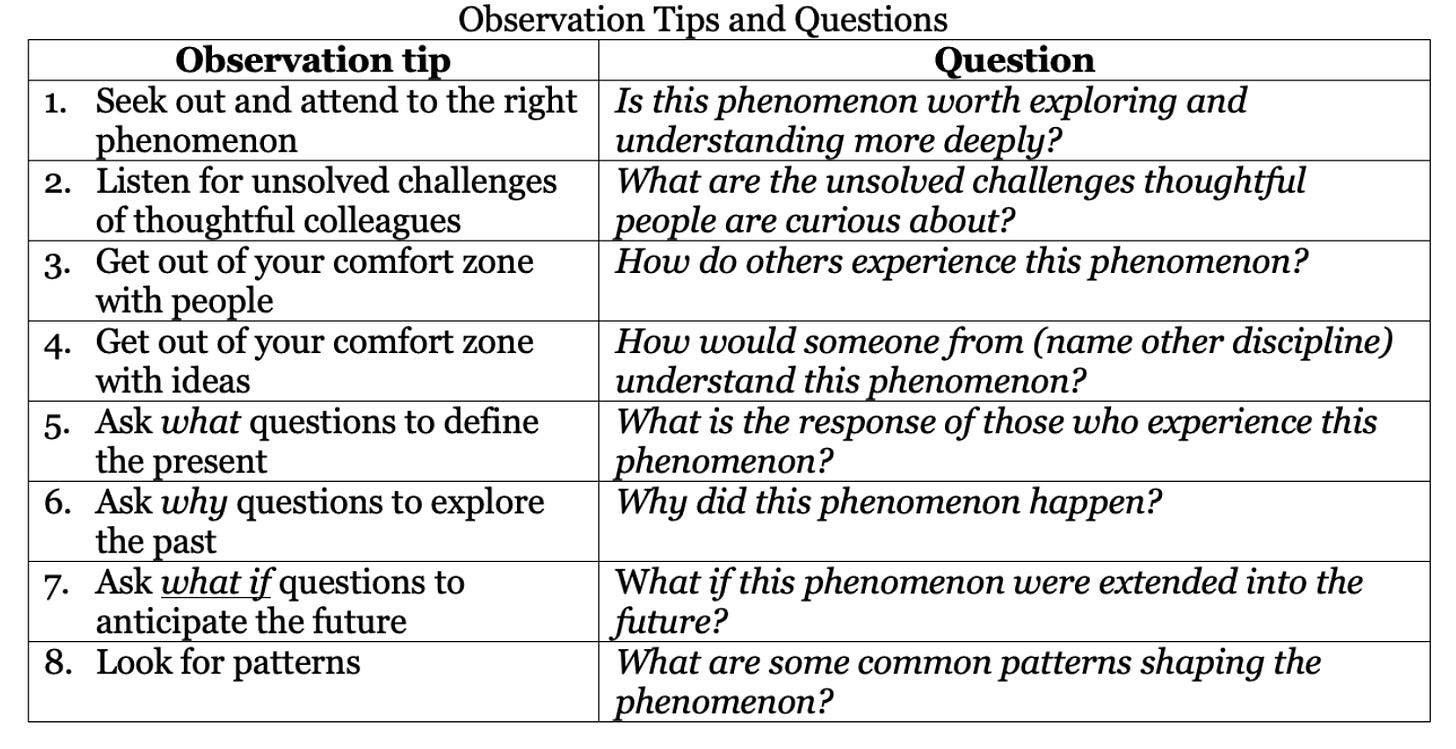HRHeadStart #45: A New Role for Remote Work Effectiveness; Observation Skills; Hit Restart
The Talent Agenda
While remote work seems to work well for many employees, a bunch of research points towards three key challenges:
Remote work is worse for new workers
Remote work is worse for building new teams to take on new tasks
Remote work is worse at generating disrupting new ideas
This piece from The Atlantic argues for the creation of a new role of Synchronizers to solve for this.
The synchronizer—or, for large companies, a team of synchronizers—would be responsible for solving the new-worker, new-group, and new-idea problems. Synchronizers would help new workers by ensuring that their managers, mentors, and colleagues are with them at the office during an early onboarding period. They would plan in-person time for new teammates to get to know one another as actual people and not just abstracted online personalities. They would coordinate the formation of new groups to tackle new project ideas, the same way that modern teams in science pull together the right researchers from around the world to co-author new papers. They would plan frequent retreats and reunions across the company, even for workers who never have to be together, with the understanding that the best new ideas—whether in science, consulting, or media—often come from the surprising hybridization of disparate expertise.
Whatever we call this role, the key is to build support mechanisms by combining HR and Organizational Development capabilities to support employees and team do their best work. The physical office and remote work are both here to stay. Finding a happy solution to their problems is a problem worth solving.
Working Better
One of my favorite maxims of effective problem-solving is Think Slow, Act Fast. In the quest for quick results, we sometimes work in reverse. But the best problem-solvers go about investigating and evaluating problems systematically to understand all its facets and this ability enables them to generate holistic breakthroughs rather than a patchwork of band-aid solutions. In this piece, Dave Ulrich talks about how to keep HR research relevant, but I particularly liked the tip-sheet below on how to be a better observer and problem-solver.
Tiny Thought
The ability to start is great. The ability to restart and start over is greater.


